Windows not only serve as doors to outside world but also as a gateway to natural light, tailwind, and solitude within our homes. Tinted house windows have gained modishness in recent times due to their capability to enhance aesthetics and offer functional advantages. In this exclusive article, we will dig into the pros and cons of tinted house windows exploring their impact on energy effectiveness, sequestration, UV protection, and indeed implicit disadvantages.
Advantages of Tinted House Windows
1. Energy Efficiency:
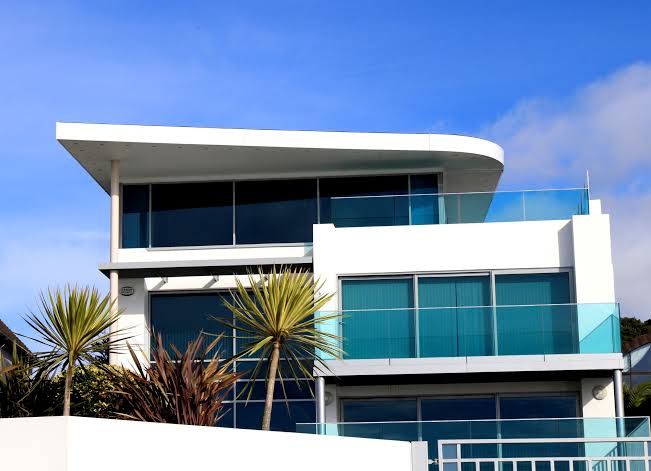
Tinted windows can significantly aid in regulating indoor temperatures by blocking unwanted heat gain from sunlight during summers. By reducing solar heat gain, homeowners can minimize their reliance on air conditioning systems, ultimately leading to lower energy bills. Now a days the bills are increasing at a very great rate because of the heat due to global warming. By using tinted windows you will be able to reduce your electricity bills because these windows allow less heat to pass through them and then your house will not be that much hot and you will be able to live in your house without using air conditioning all the time.
2. Enhanced Privacy and Security:
One of the primary benefits of tinted house windows is the increased aloneness they give. With these windows, you can enjoy unstopped view of the outside while securing your outside space from prying eyes. also, tinted windows can act as a interference against possible burglaries, as they make it harder for for meddlers to see precious goods inside the house.
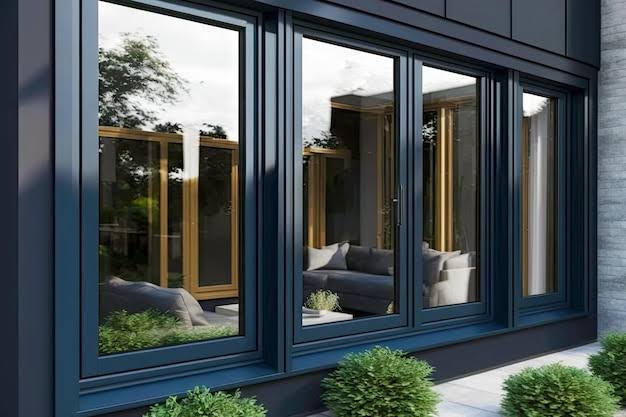
These windows area great way to protect yourself and your family because no one will be able to look or peek inside the house from the outside. Protecting your family is one of the main priority of every other person so these tinted windows are a great way to provide protection and is one of the great ways to increase your house security. Anyone will not be able to look inside your house through these windows and you are able to do whatever you want inside the house. You don’t have to worry about anything including the security and privacy.
3. UV Protection:
Exposure to harmful ultraviolet (UV) rays can lead to fading of furniture, artwork, and flooring. Tinted house windows often feature UV-blocking properties, reducing the impact of these damaging rays on your belongings. Furthermore, they provide a layer of protection for your skin against the harmful effects of prolonged UV exposure.
4. Glare Reduction:
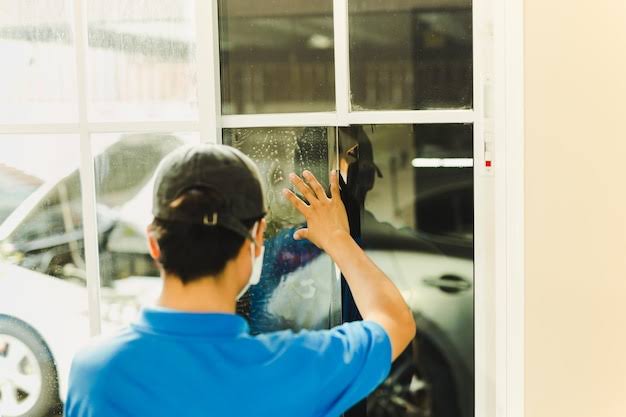
Unwanted light from natural or artificial light can be a nuisance, affecting the comfort of those inside the house. These windows can effectively reduce light, allowing for a more gracious and comfortable living surroundings. This advantage is especially favorable for apartments that take direct sunshine, similar as home services or living apartments.
Potential Drawbacks of Tinted House Windows
1. Reduced Natural Light:
While these windows give aloneness and light reduction may also limit the quantity of natural light entering your home. This can affect in darker insides, adding the reliance on artificial lighting during the day.
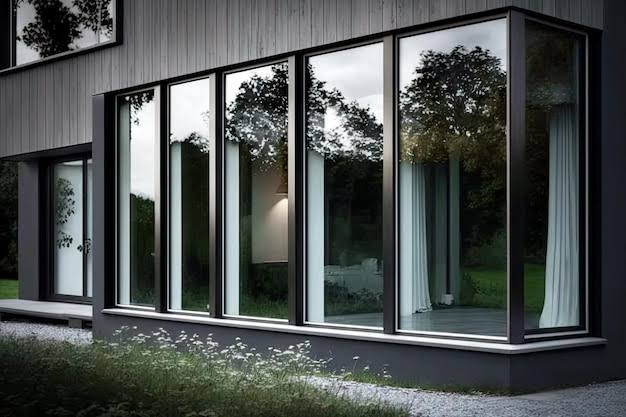
Natural light is one of the main sources of energy. It is good for our health. Natural light illuminates the house. It makes every thing bright . But if natural light is not able to enter your house ,then the house will look dark and you will have to install more artificial lights in your house because without the natural light there will be very minimal light. It will also affect your eyesight because according to scientific study, when we spend our time in dark places and perform our activities in the dark places it affects our eyesight and then our eyesight will become weak.
2. Aesthetic Considerations:
The appearance of your house may be a meaningful factor to account when concluding for these windows. Depending on the degree of color, it can alter the external aesthetics, which may not align with the architectural style or neighborhood air. Careful consideration of color degrees is key to maintain a cohesive and visually appealing facade.
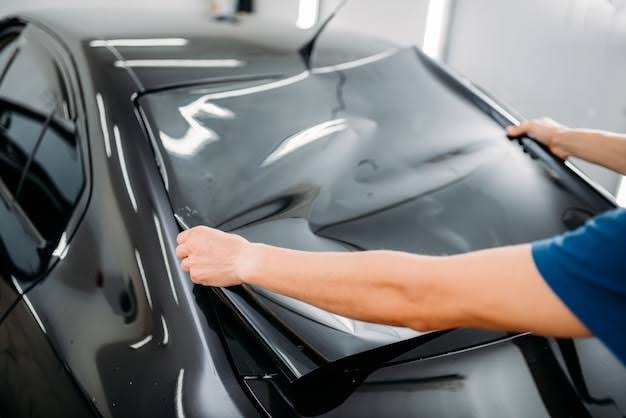
3. Maintenance and Durability:
These windows require regular maintenance to ensure longevity. Over time, the tinting film may deteriorate, peel, or scratch. Therefore, homeowners should be prepared to invest in periodic replacements or repairs. These windows are not so much good quality because of the cover that are applied on the windows.
You need to repair the windows from time to time. As good looking as it looks you have to make as much effort to keep them clean and then you have to replace the tinted covers of the windows from time to time or otherwise it may not look good and will give a dirty and bad look to your windows and eventually your house and rooms.
4. Restriction of Outdoor Viewing:
While these windows provide privacy, they also restrict outdoor visibility. This limitation may affect the view from your house, particularly if you live in an area with scenic landscapes or in proximity to natural surroundings.
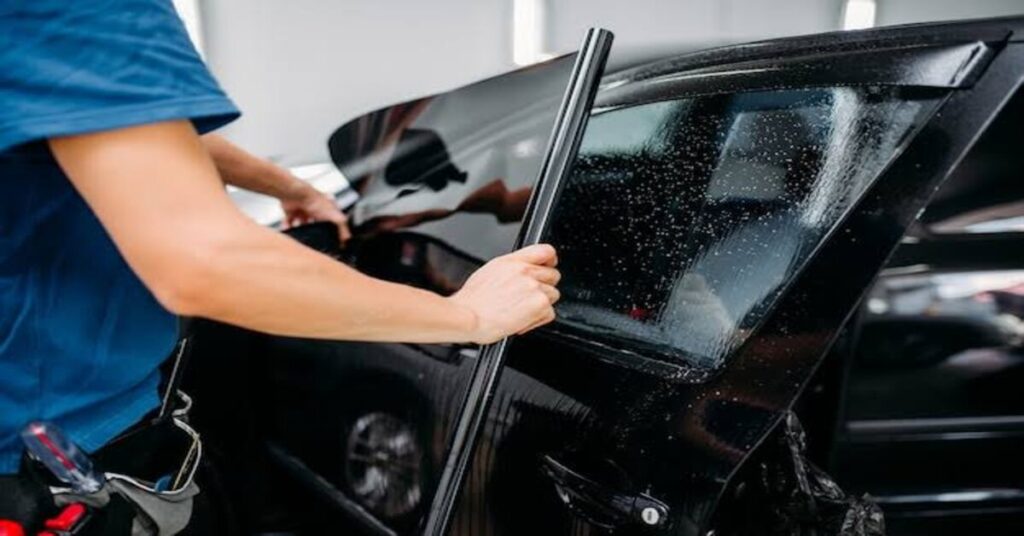
Additionally, these windows really affect the outdoor vies of your house and rooms .you will not be able to enjoy the beautiful and peaceful views from your rooms and house. Nature views are a delight for eyes and by spending time by looking at the nature is a really great way to just relax and calm your nerves. But when you apply tinted sheets on your windows you might not be able to look at these beautiful scenes and it is one big advantage of these tinted windows.
In signifying the pros and cons of tinted house windows, it becomes apparent that these window treatments offer both functional and aesthetic advantages. They enhance energy effectiveness, enhance sequestration and security, cover against dangerous UV beams, and reduce light. still, it’s essential to consider the implicit disadvantages, similar as reduced natural light, conservation conditions, and restrictions on out-of-door viewing.
Eventually, the decision to conclude for tinted windows should be grounded on individual preferences, the architectural style of the home, and the unique conditions of each living space. By striking a balance between functionality and aesthetics, pigmented house windows can be an excellent addition to any home, creating an atmosphere that’s both comfortable and visually appealing.
FAQS
1. How long does window tint lasts ?
A standard window tinting film is typically inexpensive and will last for about 5 years.
2. Is it hard to tint house windows ?
No it is not. It’s easy to install yourself.
3. Does tinting home windows reduce heat?
In the heat of the summer, tinted windows will reject the sun’s heat, reducing the amount of air conditioning needed to achieve indoor comfort.
4. How often do you need to change your tint ?
You need to change your house windows tint every five years.
5. What causes tint to fade ?
UV radiations cause tint to fade.
Read More :
